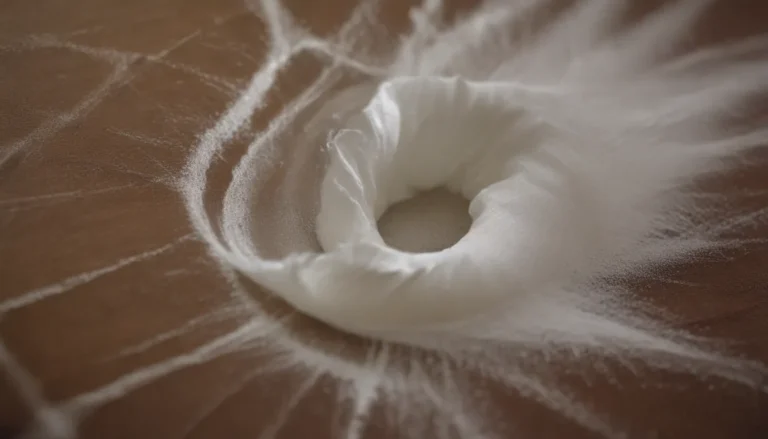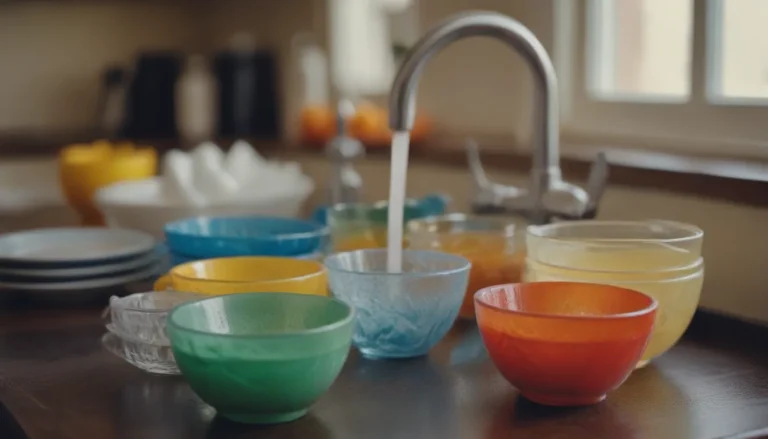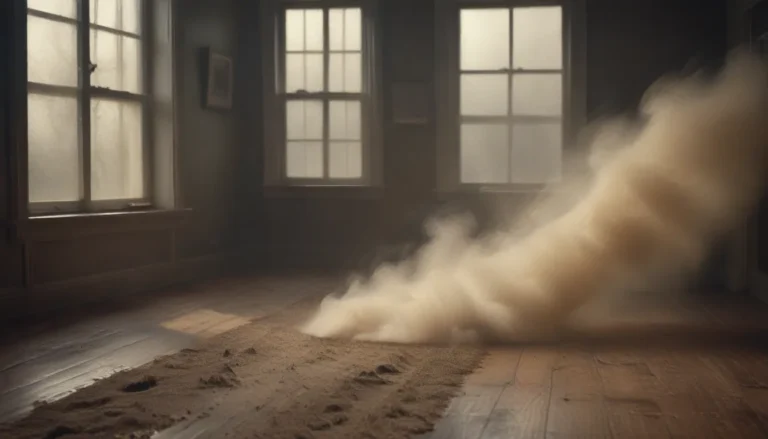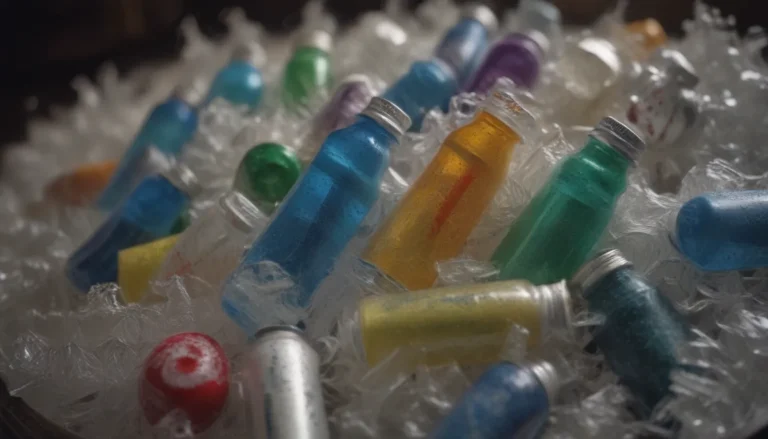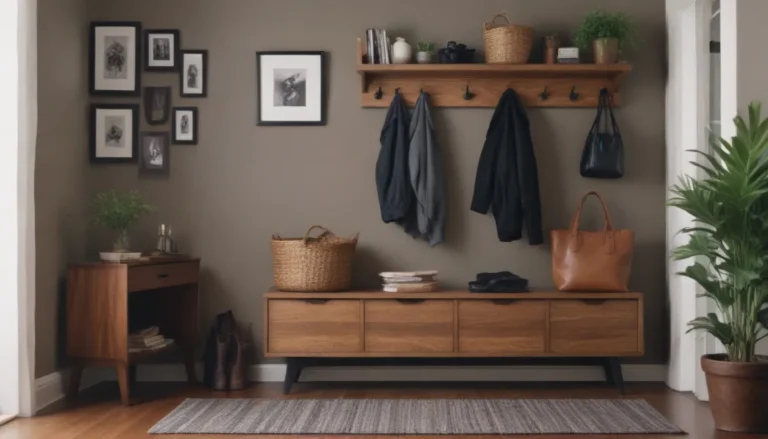The Do’s and Don’ts of Cleaning: Vinegar Edition
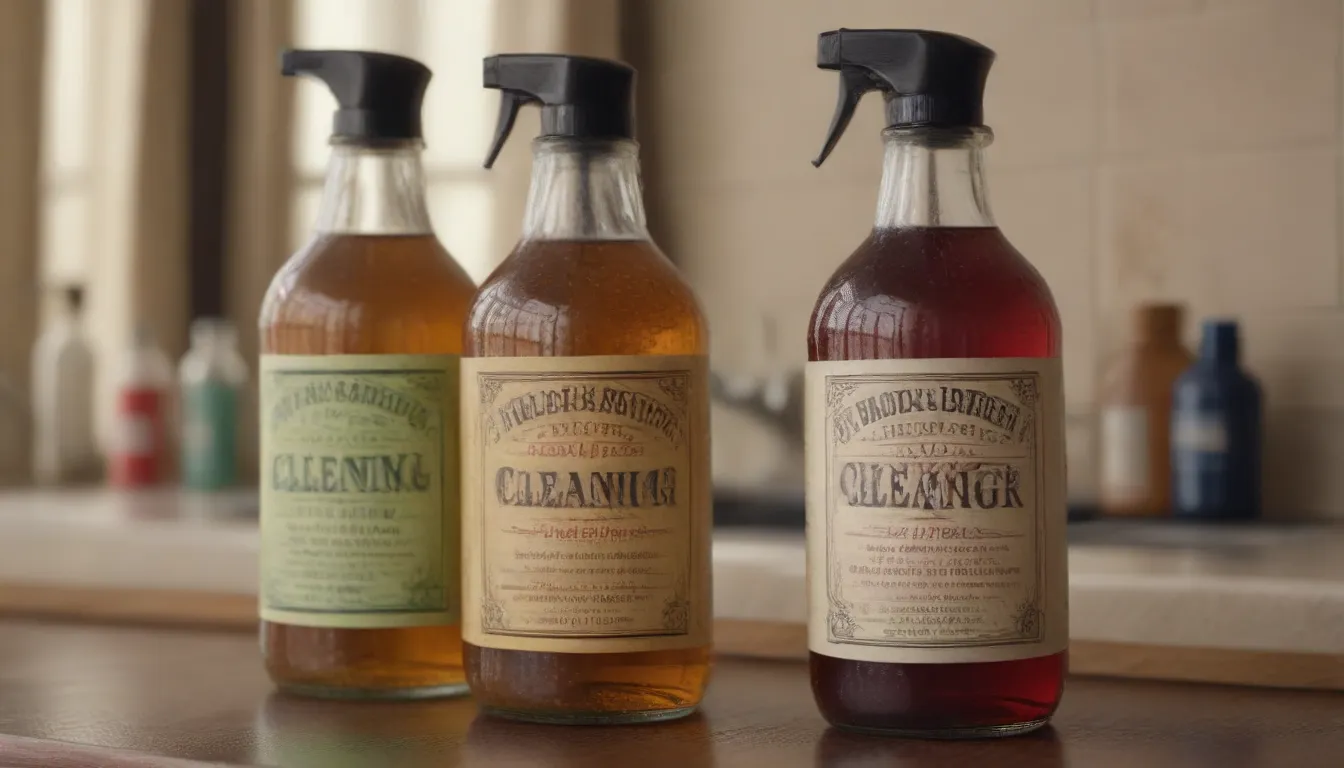
When it comes to cleaning our homes, vinegar is often hailed as a miracle worker. But did you know that this acidic liquid can actually damage certain surfaces in your home? That’s right! There are some areas you should steer clear of when reaching for that bottle of vinegar. Let’s dive into the 12 surfaces that should never be cleaned with vinegar.
Hardwood Floors
Ah, gorgeous hardwood floors. So elegant, so timeless. But did you know that using vinegar to clean them can actually do more harm than good? The acidity of vinegar can dull or damage the finish on hardwood floors over time. If you want to keep your hardwood floors looking their best, opt for a hardwood floor cleaner that will enhance and protect the shine.
Tip: Avoid mopping your hardwood floors with too much water or any harsh cleaners, as this can cause warping or damage to the surface.
Waxed Wood Furniture
Just like hardwood floors, vinegar can eat away at the wax finish on wood furniture, leaving it looking dull and cloudy. While some may suggest using vinegar on all types of wood, it’s best to use it infrequently and at your own risk on finished or waxed wood furniture. For chalk or milk painted furniture, steer clear of vinegar and opt for a slightly dampened microfiber cloth instead.
No-Wax Floors
Vinegar’s acidity can also take away the shine and sheen of a no-wax floor, such as vinyl and linoleum. Using vinegar on these types of floors can damage the top surface, causing them to darken and lose their luster over time. Stick to a sponge mop and warm water with a dash of gentle dishwashing detergent to keep your no-wax floors clean and shiny.
Carpet Odors
While some may recommend using vinegar on pet stains in carpets, it’s not always the best solution. Vinegar may mask the odor temporarily, but it won’t get rid of the underlying issue. For tough pet stains, opt for a pet-specific enzymatic carpet cleaner to effectively break down the stain and eliminate odors.
Unsealed Grout
Grout that hasn’t been sealed or is in poor shape should not be cleaned with vinegar. The acidity of vinegar can penetrate the pores of the grout, weakening the material over time. Make sure to seal your grout regularly and use a recommended tile cleaner to keep it looking its best.
Stone Surfaces
Stone surfaces like granite or quartz countertops can become damaged by the use of vinegar. Always check with your stone supplier for the best cleaning recommendations. In most cases, a simple mixture of water and a soft cloth is all you need to keep your stone looking pristine.
Screens and Tech Devices
While vinegar is great for cleaning windows and mirrors, it’s not recommended for electronic screens. The acidity of vinegar can damage the coating and anti-glare properties of screens, so it’s best to steer clear and use a gentle screen cleaner instead.
Dishwashers and Washing Machines
The rubber parts in dishwashers and washing machines can be compromised by the acidity of vinegar, leading to potential damage. Instead of vinegar, opt for dishwasher and washing machine cleaners that are specifically designed for these appliances to avoid any issues down the line.
Breakfast Counter
Ever wondered why vinegar makes egg messes more difficult to clean? The science behind it is quite fascinating. Vinegar reacts with the proteins in eggs, making them stickier and harder to clean. So, if you’re dealing with a breakfast mess, skip the vinegar and opt for a gentle cleaner instead.
Stovetops
Stovetops can also be sensitive to vinegar, especially if they have a special coating. Instead of vinegar, use a stovetop cleaner that is specifically formulated for your type of stovetop to avoid any damage.
Houseplants
While vinegar is great for killing weeds, using it on houseplants can actually harm them. The acidity of vinegar can dry out the leaves and roots of houseplants, ultimately leading to their demise. If you need to eliminate pests on your houseplants, opt for insecticidal soap instead.
Remember, while vinegar is a versatile cleaner, it’s important to use it wisely and avoid using it on surfaces that can be damaged by its acidity. Keep these tips in mind to keep your home sparkling clean without causing any harm to your surfaces. Happy cleaning!
